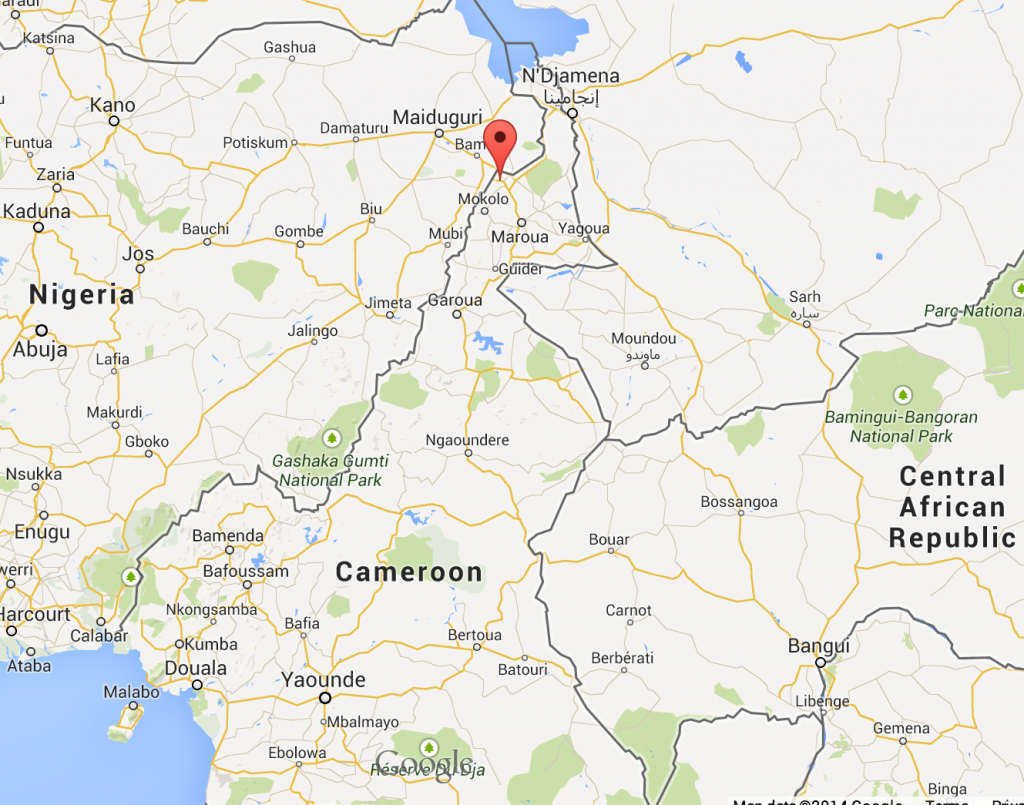One of the perennial problems in accurately measuring the U.S. labor market is how to handle “underemployment” or involuntary part-time employment by people who want to be working full time. The official Bureau of Labor Statistics defines this category as follows:
Persons employed part time for economic reasons are those who want and are available for full-time work but have had to settle for a part-time schedule.
Those people, whether working 30 hours a week or 10 hours a week, even at or near minimum wage, are ineligible for unemployment insurance benefits or virtually any other program that would help someone who was completely jobless. Any paying work at all, even when it’s not enough to make ends meet, usually kicks people out of eligibility for such programs.
More than five years after the peak of the 2007 U.S. recession, many Americans find themselves in this category of being “employed part time for economic reasons.” The U6 measure of unemployment, which factors these people into the official rate, stood at 12.1% in June 2014 — just shy of being double the official unemployment rate. Almost 7 in 10 part-time workers right now would like to work full-time.
The decision to leave underemployed people out of the official unemployment figures, as I’ve been arguing for five years, has probably been a major factor in not recognizing the severity of many of the emerging structural problems in the part-time work arena that ripple back into the wider consumer economy negatively. Instead, we were busy congratulating ourselves for two decades on supposedly having much “lower” unemployment than Western European economies.
Those economies, which generally use comprehensive definitions of unemployment much closer to our U6 metric, were rarely substantially higher than our U6 rate of unemployed plus involuntarily underemployed persons. Moreover, their “unemployed” people were, in fact, often working part-time (legally or illegally) at rates the same as or higher than our labor force was. So their unemployed/underemployed populations were in far less dire straits than ours during the same period, even without getting into the differences in social safety nets.
Let’s examine one of the big emerging problems that such measurement definitions helped obscure: Involuntary part-time employment for corporate profit reasons, rather than genuine economic reasons.
Often, at least in the past, the “economic reasons” for the lack of full hours came in the form of hours cutbacks (in place of mass layoffs) or general economic belt-tightening, during economic contractions/slowdowns/recessions, by those in positions to be hiring. That’s especially true at the small-to-medium business level.
But a far more insidious and damaging trend has exploded on to the scene from the Big Business end of the spectrum, as huge American corporations not only decline to hire more and more of their hourly wage workforce for full workweeks but then demand these part-time workers be “on-call,” without compensation, to work at virtually any hour, day or night, seven days a week. The schedule changes from week to week and from day to day, at the discretion of the corporate managers.
Almost half of all part-time workers, according to the Times, now have one week or less of advanced notice on their schedule. Among 26-32 year olds working part time, that figure is 47%. Beyond young workers, this problem disproportionately affects women and non-white workers.
In an ongoing series of articles from the New York Times examining the prevalence and consequences of this pernicious staffing practice, we can read example after example of people being forced not only to work part-time but to be available full-time without pay to work the paid hours, which prevents workers from taking second jobs to supplement their hours or finding a better/full-time job or completing their education. Here is one testimonial:
“You had to be available every minute of every day, knowing you would be scheduled for no more than 29 hours per week and knowing there would be no normalcy to your schedule,” he wrote. “I told the person I would like to be scheduled for the same days every week so I could try to get another job to try to make ends meet. She immediately said, ‘Well, that will end our conversation right here. You have to be available every day for us.’
“I asked, ‘Even though I’m trying to get another job?’ ‘Yes.’ Then she just stared at me and asked me to leave. What kind of company does this? What kind of company will not even let you get another job?”
Read more





 The recent disorder in the capital centers on the airport (and which militia will control it), but the clash there is part of a wider struggle for power across the country.
The recent disorder in the capital centers on the airport (and which militia will control it), but the clash there is part of a wider struggle for power across the country. 


